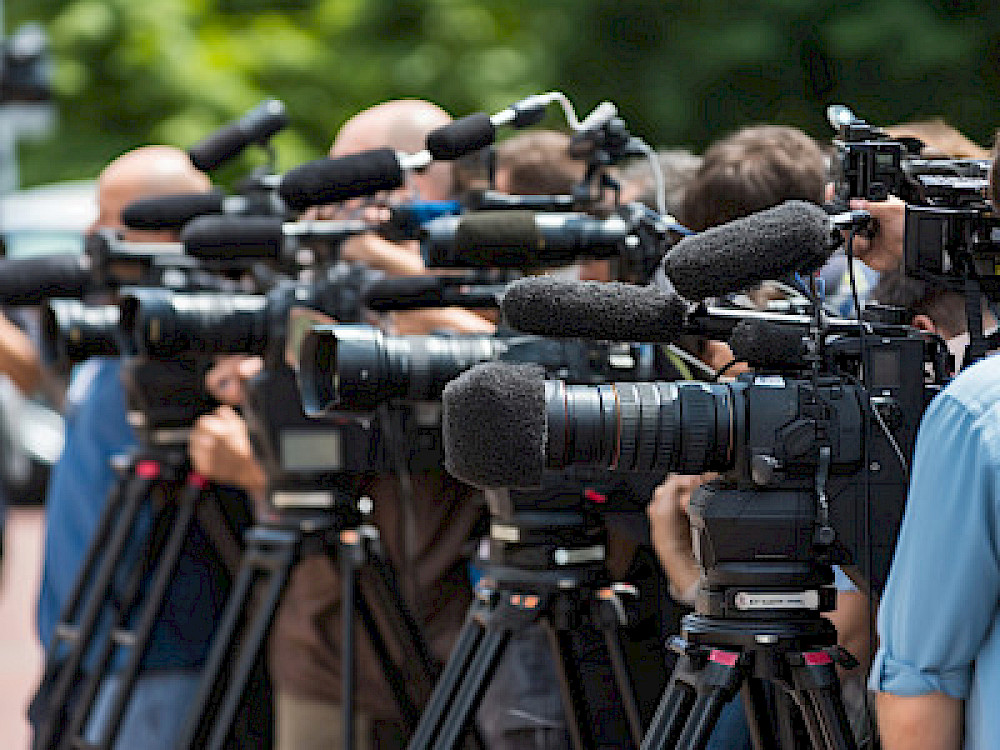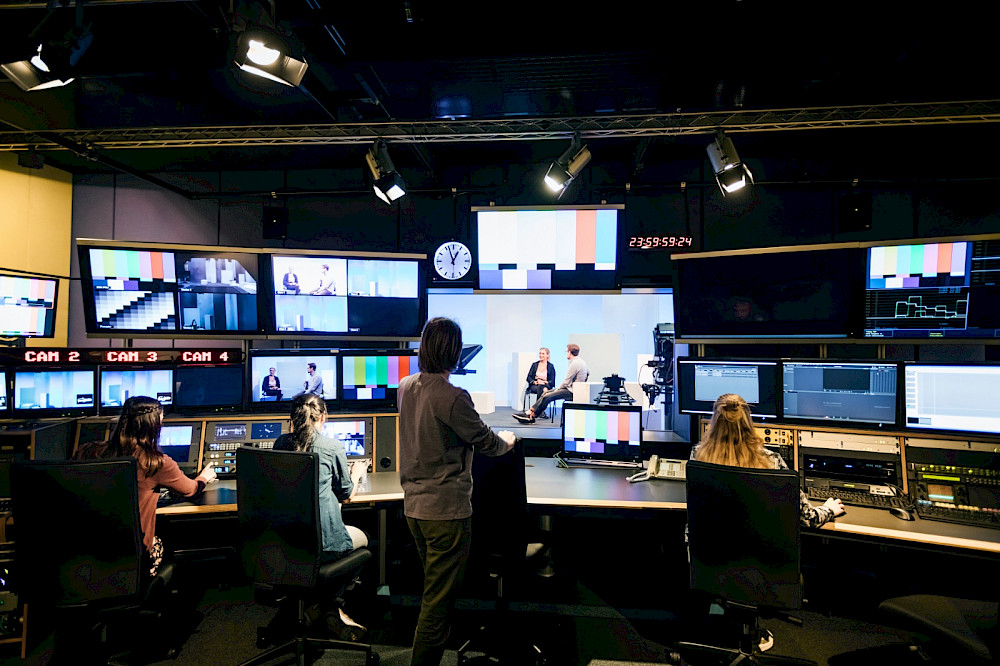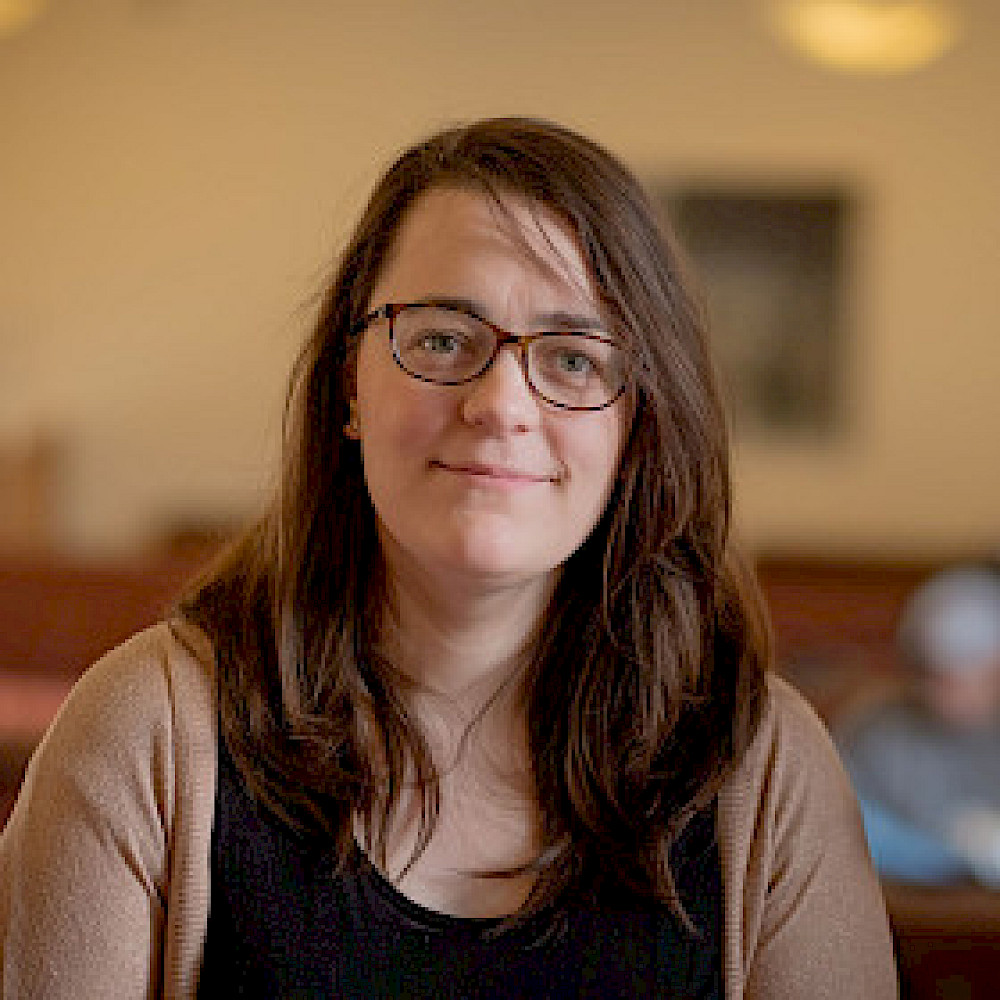Trust is often a gut feeling. It might be ease, reassurance and assuming something is reliable, coming from a familiar or respected voice. Alternatively, it might be a wary reaction or default scepticism towards the source. Such instinct can apply to everything: encounters with medical professionals, a stranger at your door or unknown phone number, and – of course – news content you encounter. Like most gut feelings, it may be irrational or entirely reasonable, based on past experiences.
For decades, critical media studies researchers have documented problems with news coverage in terms of corporate ownership, problematic representations of issues and individuals, and even what topics are deemed worthy of newsroom attention. Furthermore, for tuned-in news consumers, even a single incident may plant some legitimate seeds of doubt: perhaps it is unease at political correspondents crossing the barricade to work for politicians, or a story being “stealth edited”, where changes are made to an online report without being publicly documented.
Nevertheless, this year’s Digital News Report shows us that many audience members can overlook any such concerns as they continue to seek and find useful, reliable news content: 46% in Ireland feel broadly positive, stating they feel they can trust most news most of the time, higher than the European average (39%). Often, political ideology is mentioned as a driving force in mistrust, but the Irish results show that even on the fringes, trust levels only fluctuate slightly: the 46% rate of agreement in trusting most news only dipped slightly to 40% among those who described themselves as “very far left” and 41% among those “very far right” (see also Figure 41).
Instead, it seems that factors such as age, income and education level are more insightful. The most trusting age/sex demographic were women aged 65+, where it increased to 59%, while it dropped to 36% among both men aged 21-24 and women aged 18-20. When we consider income, a pattern emerges: trust in “most news most of the time” steadily increases from low income (39%) to medium (46%) to high (50%), and is echoed in education levels: lower education to Junior Certificate (41%) increases among mid-level (46% among those up to Leaving Cert/1-2 years of PLC) and higher education (48% among those with third-level diploma or higher).
The survey cannot explain to us why that is exactly, but it may be shaped by patterns evident elsewhere across those with lower education and income levels, such as higher video consumption, higher rates of social media as the main news source, paying less attention to mainstream news brands or journalists on social networks, and lower listenership of podcasts. These point to cohorts who are not being exposed to, or seeking out, news content in the same way: another crucial indicator is the “interest” in news figures which shows that respondents declaring as “extremely or very interested” in news are 46% of those on low income compared with 59% of high income, and 40% of those with lower education and 58% of those with higher education.
Fluctuation in trust levels is also evident in attitudes towards RTÉ: the overall figure of 72% saying they trust the brand dips to 64% of people with lower education and rises to 77% among those with high income. Yet despite the year that was, it is interesting to see that the RTÉ News brand actually increased by 1% overall in this year’s survey, suggesting a certain resilience for its editorial activities – although it may still be too soon to determine the long-term damage of the 2023 governance issues.
In May, BBC News published a piece headlined “How we are covering the UK General Election”, taking place next month. It explained how “the BBC cannot, does not and will not pick sides in the election ... We want to be useful – and used. Trusted to deliver for everyone. And we know that your trust is earned – so during this election campaign our pledge to you is that we will work even harder to earn it.” It goes on to explain measures such as “transparently explaining” when they make mistakes, and seeking suggestions for the big issues around the UK to make sure it “reflects the priorities of voters across the country”.
Do such public declarations do anything to ease the concerns of BBC cynics? Most likely not, as critics’ grievances are often based on editorial decisions lodged in their minds and which are difficult to displace. US philosopher Henry David Thoreau, writing in the mid-1800s, said that “we are always paid for our suspicion by finding what we suspect”, an apt reminder that if you are sceptical of journalists and mainstream news, you will always find reasons to reinforce that: reporters, editors and producers in all news outlets are fallible, subjective, and sometimes make questionable decisions. Therefore, public statements such as the BBC’s election declaration may never break through and convert people’s trust attitudes. Nevertheless, even producing such a statement at least recognises that trust in their brand can no longer be taken for granted and that contemporary, critical audiences expect more; a forthright statement acknowledging this can still be symbolically important.
Ultimately, news organisations must accept that they can no longer rely on the benefit of the doubt. This year’s results serve as an important reminder that news mistrust is not just a fringe issue or purely politically motivated. Instead, broad disconnects exist between mainstream news organisations’ content and the public: it appears that many people are simply not being exposed to sufficient levels of content which may give them an actual reason to trust. Rather than feeling like trust is being increasingly lost, perhaps it has just simply not yet been earned in the eyes of many audience members. Such an upended dynamic is something news organisations must accept and respond to by proactively engaging often-overlooked demographics in a relevant and meaningful way.
Publications
Type: Reports
Published in:
Authors:
Year: 2024
URL: Resource
Related Projects

The Reuters Institute Digital News Report is the world’s largest international comparative survey of the major trends in digital news consumption. It is widely used by industry, analysts, and researchers across the world. Since 2015, Coimisiún na Meán (formerly Broadcasting Authority of Ireland) has funded FuJo to undertake the analysis for the Irish report. Annual reports are available for: 2023, 2022, 2021, 2020, 2019, 20128, 2017, 2016, and 2015....


